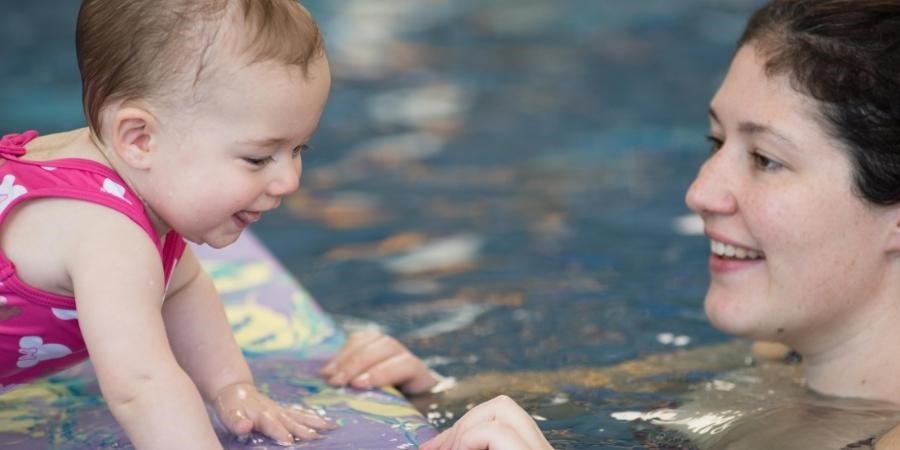Healthy swimming etiquette
Published on 22 September 2023

We take hygiene seriously.
When visiting our pools, you can be confident knowing that they are safe, enjoyable and hygienic places to swim.
Our pools at Aquahub and Aquanation use salt chlorination, meaning that they are gentler on eyes, clothes, hair and sensitive skin.
Our team works to ensure that the pools are up to the highest hygienic standards, but we need your help to keep the pool this way so that everyone can enjoy their swim.
This means following a few simple healthy swimming rules:
- Use bathroom amenities before swimming. Regularly check young children and those vulnerable every 30 minutes for extra toilet breaks.
- Babies and young children must wear a swim nappy if not toilet trained. Please ensure that they are fitted correctly and changed regularly. Swim nappies are also available from the front desk.
- Please do not swim if you or someone you are with is feeling unwell.
Pools require additional cleaning when soiled, which can limit access to the pools for a minimum of 30 minutes and up to 24 hours.
Pool closures effect on average up to 400 people a day and can result in cancellation of swimming lessons or aqua programs.
Those who do not adhere to the healthy swimming etiquette may be subject to suspension.
So, when you come to use our great pools, remember:
- Toilet first, swim second.
- Ensure children wear a swim nappy if not toilet trained. Check and change regularly.
- Don’t swim if you are sick or have been sick in the past 14 days.
Gastroenteritis
Symptoms of viral gastroenteritis include nausea, vomiting, diarrhoea, fever, abdominal pain, headache and muscle aches. They can take up to three days to develop and usually last one to two days, sometimes longer.
The main treatment for viral gastroenteritis is to rest and drink plenty of fluids. Most people recover without complications but it may be serious for infants, people with suppressed immune systems, and the elderly.
There are a few things you can do to protect yourself, your family and your community.
For more information see our code of conduct.